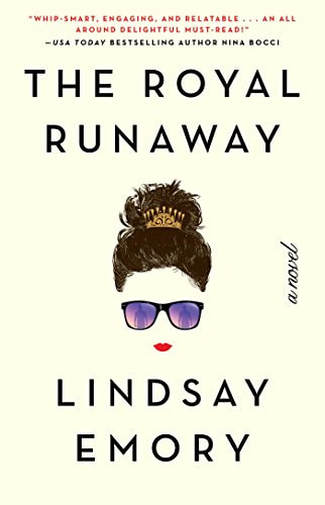 A princess who is second in line to the throne. A hot Scot. A Roman Holiday-esque adventure. A murder mystery. This gorgeous book has it all—and it’s certain to hit the spot for all of those people who love their romance with a hefty dose of suspense and/or royal aficionados whose heartstrings are still resonating from all the love and romance on the other side of the pond (must be nice). Theodora “Thea” Isabella Victoria knows how to play the role of princess because, in her words, “I really was a princess. I had the tiara, the palace, the framed certificate, and everything.” But in a real departure from a princess story, Thea’s fiancé, Christian Fraser-Campbell, a duke, abandons her at the altar, resulting in her ignominious exile to Perpetua, a territory of Drieden (the name of her kingdom), for four months. After returning to the palace and her responsibilities as second in line to the throne, she escapes to a bar—as she is sometimes wont to do when her life’s demands become too much. There, she meets a man named Nick who makes her wonder if her betrothed deliberately left her at the altar, or if someone made him disappear. Now the hunt is on, and our runaway princess wants answers as the questions become more and more complicated… The Royal Runaway kept me engrossed from beginning to end. First, there is Thea, the whip-smart narrator with a dry sense of humor; a beautiful historian of sorts who is also an able escape artist. Then there is the romance (sighhhhh)*, and a conflict between royal duty and the need to escape, which Emory thoughtfully plays up throughout the book. And it’s all very well done. Somehow the book manages to be both effervescent and weighty, so that I was quickly turning the pages, lulled into happiness by the romance and adventure, and then occasionally shocked by the reminder that the stakes regarding Christian’s disappearance were actually quite high. In short: The Royal Runaway is a lovely book that packs a wallop. **The romance scenes in this book are *fade to black*, so this book is highly recommended for those who like to read exciting and charismatic romance stories that are also less explicit.
0 Comments
Four Dukes. Four spirited heroines. At Christmas-time! The anthology How the Dukes Stole Christmas—with novellas written by Tessa Dare, Sarah MacLean, Sophie Jordan, and Joanna Shupe—releases today, and it’s a scrumptious, perfectly packaged morsel that makes even this (gestures to self) rabid fall enthusiast look forward to the holiday season with no small degree of anticipation. Themes of this sigh-inducing collection include the heartwarming appeal of Christmas-time; portrayals of female empowerment—which sometimes includes teaching a grumpy, work-focused duke an important lesson or two; and shortbread. Tessa Dare's Meet Me In MayfairDare’s unexpectedly sweet novella begins with Louisa Ward’s goal of attracting a husband candidate that night so that she can save her family and herself from being evicted from their Mayfair home. Enter James, the Duke of Thorndale, and also the man responsible for their eviction notice. Will James be the answer to Louisa’s prayers in more ways than one, or will her goal come between them? As a rule, I’m often drawn to Dare’s characters most when there’s a knowingness, a maturity to them. In this novella I encountered the softer side of Dare's repertoire, even if her heroine, Louisa, is still unconventional enough to challenge the duke's positions on women and to take him on a solitary tour of Mayfair on a winter's night. It's this combination that makes this novella so winning: for all the attraction between Louisa and James, there’s still an innocence to their relationship and this novella that is surprising, and on some level, refreshing, particularly when you remember that most of the story takes place over one intoxicating night. Sarah MacLean's The Duke of Christmas PresentSarah MacLean follows with this juggernaut of a novella that’s fueled by regret, guilt, and yearning and that hits with all the force associated with a master of her craft. Second-chance romance aficionados rejoice: this novella begins with a drunk Eben James, Duke of Allryd, coming face to face with a ghost from his past: Lady Jacqueline Mosby, the woman he was once affianced to, and who left him twelve years ago, after he became duke and set out to resuscitate his estate. Mosby has been traveling since then, and she’s leaving again soon. Twelve years, a fiancé, and more, lies between them. But is their love story over? MacLean writes intensely—the yearning between Eben and Jack, as he calls her, is palpable—but for all that, her stories never feel bogged down or burdened with it. In this novella, MacLean deftly brushes the dust from their past and highlights the complexities of love; how sometimes being in love doesn’t automatically lead to a HEA, like for young adult Eben and Jack, but that love can lead people back to one another, if they’re willing to cover the necessary ground. Sophie Jordan's Heiress AloneAnnis Ballister’s first meeting with Calder, Duke Sinclair is not the auspicious beginning we might hope for. She’s sprawled at his disdainful feet after being shoved there by her not-quite-so-adoring sisters. But luckily for us, they’re brought back together because (1) Annis’s delightful family accidentally leaves without her, (2), a violent band of thieves is roaming the area, and (3), Calder insists that she and her two servants return to his home with him for their safety. Annis and Calder didn’t have the best first impression of the other, and while Calder is reluctantly attracted to Annis, her plans for her future also stand between them. Will Calder and Annis succumb to their attraction and is that enough to bring two people—who at the novella's outset, want different things—together? Though the beginning of Jordan’s novella is a bit cringe-worthy, Annis wins the reader over with her dignity and strength, and these qualities, along with the passion blazing beneath her placid exterior, are attractive to Calder, too. Heiress Alone is dramatic and sensual, and the attraction between these two characters propels the novella to its very satisfying ending. Joanna Shupe's Christmas in Central ParkWe move from the wilds of Scotland to a frenetic newsroom in New York City in the final novella, Joanna Shupe’s Christmas in Central Park. Mrs. Rose Walker is a wealthy, married domestic expert who dispenses advice for the readers of the New York Daily Gazette. In actuality, she’s Miss Rose Walker, an unmarried writer who gets her advice from her servant mother and the fellow servants she grew up with. Unfortunately for her, the president of the publishing empire associated with her paper, Duke Havermeyer III, just had to clean house after a lying scandal and demands that his most popular writer, Mrs. Rose Walker, host a party for members of the board to get him back in the board’s good graces. What could possibly go wrong? Rose is supremely competent and assured, and a large part of her appeal is that she gets things done. She operates with ingenuity and aplomb, circumventing the constraints put upon her by society—and by Duke himself—admirably. Duke’s unwitting battle with a master strategist is a joy and a delight, and it’s enhanced by the truly explosive chemistry between them. Final ThoughtsHow the Dukes Stole Christmas is a lovely collection of Happily Ever Afters, all centered around the magic of Christmas—how it invites us to self-reflection and offers opportunities to re-assess our priorities and to redeem ourselves from the things we’ve let hold us back.
But it’s more than that, too. It’s a collection frequently featuring characters we don’t traditionally get to hear from in historical romances written by white women—servants, and in the case of Sarah MacLean’s novella, a very successful black businessman—who intervene in critical ways, and who inspire our main characters to be their best selves. And, of course, it’s a collection centered around strong, fierce women who speak their minds, pursue their dreams, and move through their novellas with authority, even when they’re facing challenges outside of their control--and that's always sexy to me. **I received an ARC of this anthology from the authors, but all opinions provided are my own. *So much for my Freaky Friday posts. I made it one week. **puts head in hands.**
Make me watch a scary movie and I’m the clichéd person watching through the tiny slivers of space between my fingers. But give me a terrifying book and I’m an intrepid explorer, the person who isn’t scared to investigate the suspicious noise or bewildering chill in the house. I’ve been waiting for a book to scare me, and I didn’t fully realize it until I began Hester Fox’s powerfully atmospheric The Witch of Willow Hall. Unlike the romances I’ve been reading, this book offered no guaranteed Happily Ever After, and I could feel that uncertainty—and the fears, anger, and resentment—burning on every page as Lydia Montrose settled into her new home, Willow Hall, and learned its secrets. It’s not just Willow Hall that’s the mystery here. There is something…different about Lydia, something her mother tells her she must hide from others forever. It leads to Tommy Bishop being hurt when he and Lydia are children; it divides Lydia and her sister, Catherine, reminding them both of the first time their family was almost ruined; and it threatens to erupt at Willow Hall, where they’ve moved in an effort to escape Boston and the public ruination of their family. Fox is adept at pacing; she shrouds so much of the house and characters in mystery, and then slowly pulls back the veil bit by bit, until Lydia—and the readers—have just enough information to scuttle along until the next crisis. And she’s even more skilled in how she makes use of imagery. The characters and their wild, isolated, terrifying setting are richly evoked, particularly when it comes to the creepy little details that distinguish a really good ghost story from a mediocre one. There were a few details of the plot that I questioned—they didn’t seem to entirely make sense in terms of characterization—but The Witch of Willow Hall gave me so much that I was looking for: it's a well-crafted, engrossing ghost story that had me shivering in fright and glee. **I received a complimentary copy of this book from Netgalley but all opinions provided are my own.
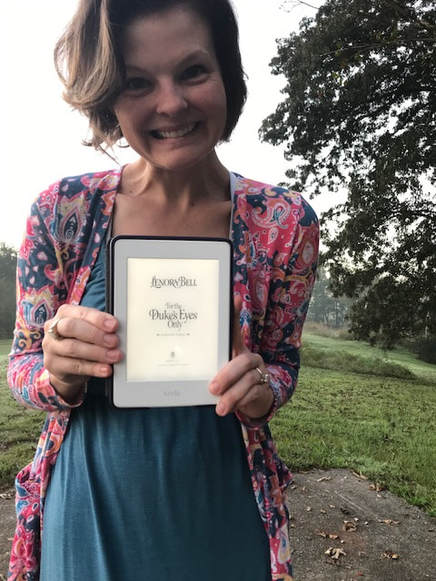 The opening chapters of Lenora Bell’s For the Duke’s Eyes Only include the discovery of ancient treasure, a nineteenth-century woman wearing a mustache disguise, and a missing Rosetta stone. Sound adventurous enough for you? This book held me spellbound as I followed India (Indy) and Daniel on their quest to retrieve the missing stone and watched their heated interactions with bated breath (imagine me entranced by their fireworks and mindlessly eating popcorn. Like this.). For the Duke’s Eyes Only is not a wallflower book—it’s bold from the first pages of the Prologue. Indy and Daniel are betrothed, and they’re also best friends. Both children of dukes, they’re each other’s anchors, and they’re not just accepting of their betrothal, they know that they belong to one another. It just is. But before the Prologue is over, Daniel has been retrieved by a family friend and Indy’s father reveals that their betrothal is over because Daniel’s father is suspected of high treason. That's not enough to tear them apart, though, and as the Prologue ends, Indy and Daniel have reiterated their commitment to each other, no matter what. I’m a sucker for a friends to lovers romance, but For the Duke’s Eyes Only isn’t that simple. As difficult as it may be to believe--given how implicitly and explicitly devoted Indy and Daniel are to each other in the Prologue--Daniel betrays Indy when they’re young adults, and in a way she can’t forgive. Now, as adults, Daniel is a boozy womanizer (that sound you hear is my heart breaking); they’re both invested in the archaeological field but have markedly different philosophies; and they're bitter rivals of the other. Why did the Daniel of Indy's childhood change, and will Indy be able to find that person again? Will the quest to find the Rosetta Stone bring them back together or drive them even farther apart? I adore Lenora Bell's books. She’s crazy talented and innovative, and she writes books that have plenty of the good stuff we’ve come to associate with long-established voices of the genre but that also feel undeniably fresh. When you crack open one of her books—or tap the screen—you’ll get your Happily Ever After, but you’ll get lots of surprises on the way. And let’s not forget how funny these books are, and how the eccentric characters captivate. Indy, in particular, is to die for—she’s dramatic and theatrical, determined and adventurous. She has to combat the prevailing attitudes toward women, specifically female archaeologists, and she does so with great aplomb and ingenuity (see earlier reference to a mustachioed woman). She’s pretty much the character a lot of us would love to be in a romance novel and/or real life. If you’re looking for a sparkling love story that’s heavy on thrills and devotion, look no further than Lenora Bell’s For the Duke’s Eyes Only. You will be amazed. I received this complimentary ARC from Edelweiss+ , but all opinions included are my own. 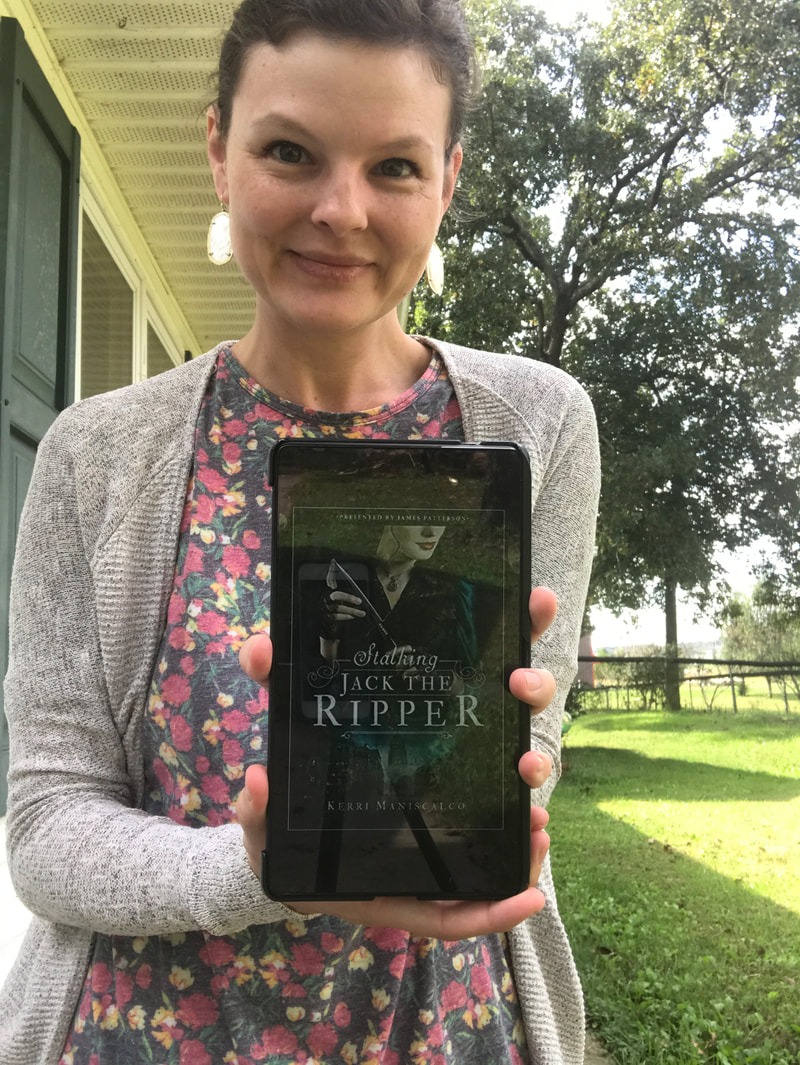 Who was Jack the Ripper? Spoiler alert: that's the question investigated in Kerri Maniscalco’s YA novel Stalking Jack the Ripper. Part mystery, part horror novel, Maniscalco’s book took me on an adrenaline ride that was somehow horrifying and fun, and perfect for an October day spent tucked into my quiet house and far away from the nineteenth-century London that Jack the Ripper prowled. Audrey Rose Wadsworth, gentle-born and lovely, loves fashion and conducting autopsies on the bodies sent to her famous scientist uncle’s lab. He’s teaching her the secrets of the dead, and she’s an enthusiastic learner. When a serial killer begins stalking London’s streets, Audrey Rose is scared, disgusted, and angry, especially when someone in her family is accused of being the killer. So she’s off on the case, without her family’s permission or not, and her investigative partner is Thomas Cresswell, a young man similarly interested in the dead and what they have to say. Can Audrey Rose and Thomas figure out who the murderer is before he kills again? And could Audrey Rose possibly know the real Jack the Ripper? Audrey Rose is the intrepid YA heroine we’ve come to know and love, but in a fresh spin, she's attracted to scientific inquiry--specifically in the study of dead bodies--that I don't remember seeing before. She’s supremely competent and observant, and confident enough to pursue what she loves, even if it’s considered unfashionable at the least and immoral at the worst. She’s at her most confident when she’s battling Thomas, a determined, intelligent man who offers deductions about the murders and the world around them a la Sherlock Holmes. The chemistry between them deliciously propels the plot forward, as they race to solve the mystery and get to know each other along the way. Stalking Jack the Ripper is by no means flippant, particularly in regards to the murders, but other parts of the book are rendered in such graphically visceral ways that they’re almost gleefully dramatic. This book is a sparkling, over-the-top feast of the senses that hooked me in and invited me to speculate on one of the great historical questions of our time, but that doesn’t lose its compassion for the victims of Jack of Ripper in the process. Join me for another October-themed review next Friday!
|
About me.Give me that HEA, please.
Join my mailing list.Want to receive a weekly email with links to my latest blog posts? Sign up below!
Archives
April 2024
Categories
All
|
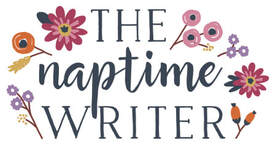
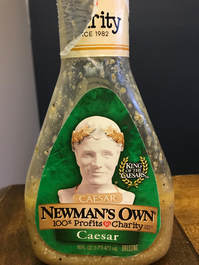




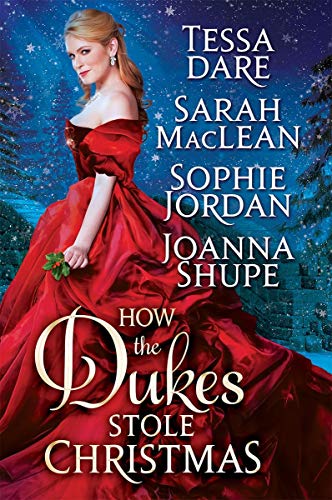
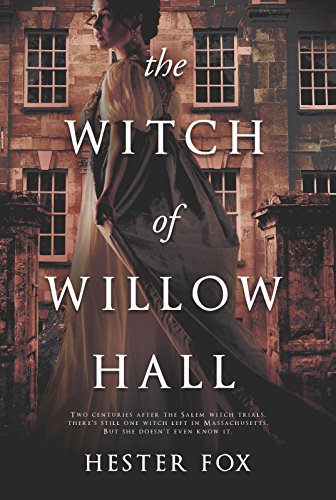









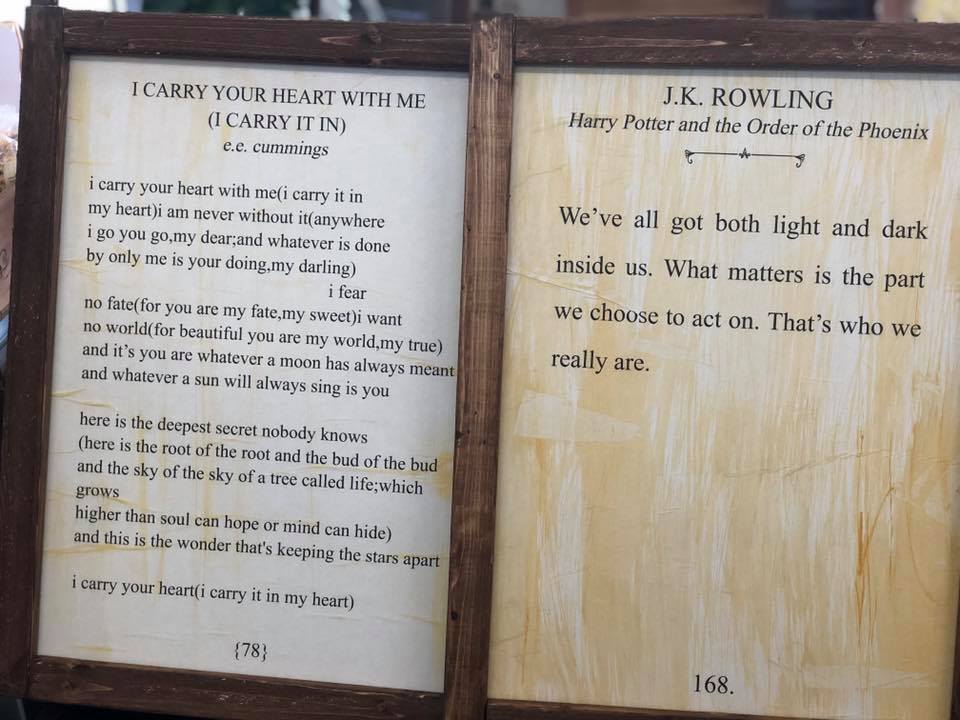
 RSS Feed
RSS Feed
